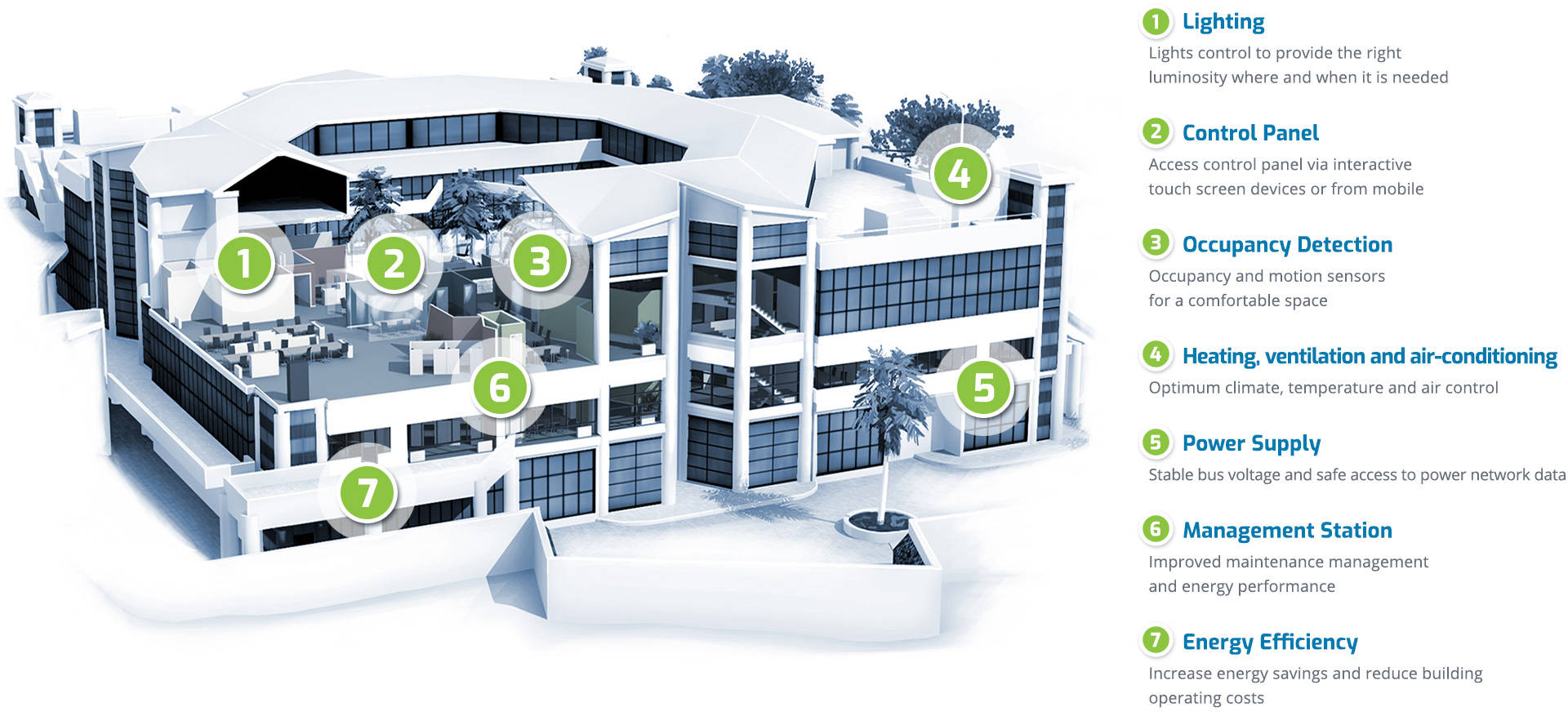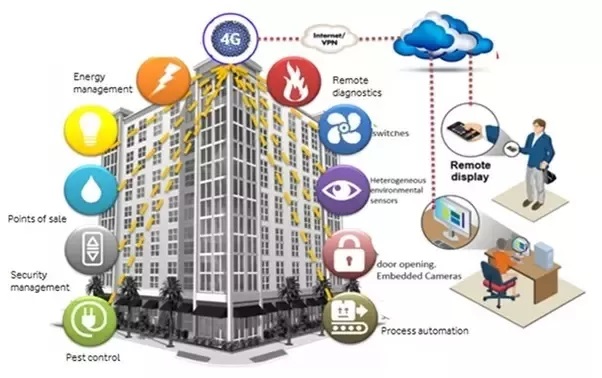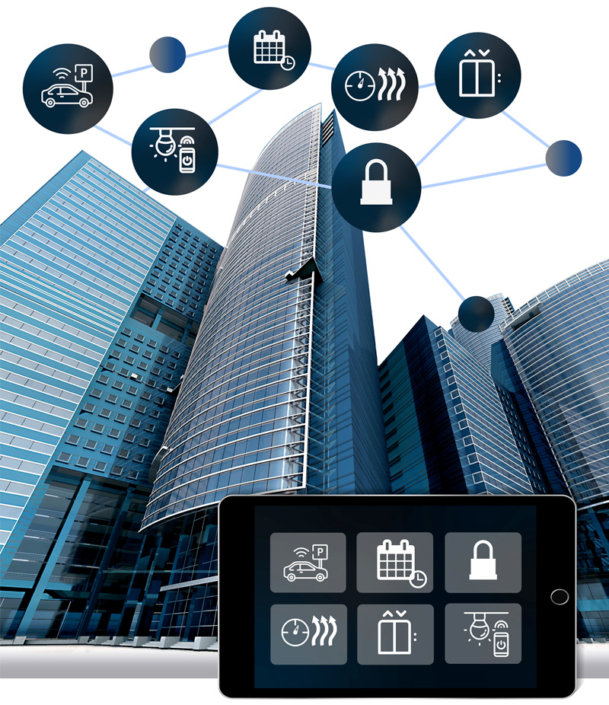
Smart Building Technology: Revolutionizing Real Estate Investment Trusts
Introduction
The importance and relevance of Smart Building Technology in Real Estate Investment Trusts (REITs) cannot be overstated. Smart buildings are transforming the way properties are managed and operated, offering numerous benefits in terms of energy efficiency, tenant experience, and building security. This article provides an in-depth overview of Smart Building Technology and its impact on REITs.
Historical Background
The evolution of Smart Building Technology can be traced back to the early 2000s when the concept of building automation gained momentum. The integration of technology into buildings allowed for centralized control and monitoring, leading to improved operational efficiency and cost savings. Real estate industry pioneers were quick to recognize the potential of Smart Building Technology and began adopting it in their properties.
Key Concepts and Definitions
Smart Building Technology refers to the integration of various Internet of Things (IoT) devices and sensors into buildings to enhance their functionality and performance. These devices collect data and communicate with each other, enabling real-time monitoring and control of building systems. REITs are investment vehicles that pool funds from investors to invest in income-generating real estate properties.

Main Discussion Points
Point: Enhanced Energy Efficiency and Cost Savings
Implementing Smart Building Technology in REITs significantly improves energy efficiency and reduces costs. Energy management systems, optimized HVAC and lighting systems, and energy consumption monitoring contribute to reducing waste and utility expenses, benefiting both the environment and the financial performance of REITs.
Point: Improved Tenant Experience and Productivity
Smart buildings enhance tenant experience and productivity through automated temperature and lighting controls, personalized digital amenities, and seamless integration of services such as concierge and maintenance requests. These features create a comfortable and convenient environment, increasing tenant satisfaction and retention.
Point: Enhanced Building Security and Safety
Smart Building Technology plays a crucial role in enhancing building security and safety. Integration of access control systems ensures authorized access, while real-time surveillance and emergency response systems enable quick detection and response to potential threats or emergencies, ensuring the safety of occupants.

Case Studies or Examples
Case Study: XYZ REIT’s implementation of Smart Building Technology
XYZ REIT implemented Smart Building Technology in a commercial office building, resulting in a 20% reduction in energy consumption and cost savings. Tenants reported increased comfort and productivity.
Case Study: ABC REIT’s use of Smart Building Technology in a mixed-use development
ABC REIT incorporated Smart Building Technology in a mixed-use development, resulting in a 15% increase in property value and high tenant satisfaction levels.
Current Trends or Developments
The integration of artificial intelligence and machine learning is revolutionizing Smart Building Technology, enabling buildings to learn and adapt to occupants’ preferences. Cloud-based platforms for centralized monitoring and control allow for remote access and more efficient management. Data analytics and predictive maintenance optimize building performance.
Challenges or Controversies
Privacy and data security concerns are major challenges associated with Smart Building Technology. Collecting and analyzing large amounts of data raise concerns about the protection of personal information. REITs face cost implications and the need to demonstrate a positive return on investment when implementing Smart Building Technology. Resistance to change and implementation challenges can hinder adoption.

Future Outlook
Smart Building Technology has immense growth potential in REITs as the demand for sustainable and efficient properties rises. Emerging technologies such as virtual reality and blockchain offer new opportunities for innovation. Regulatory changes may shape the future of Smart Building Technology, with increased focus on energy efficiency and data privacy.
Conclusion
Smart Building Technology is transforming the real estate industry, particularly for REITs. Enhanced energy efficiency, improved tenant experience, and heightened building security make it a crucial investment. As technology continues to advance, the industry can expect further developments and opportunities for growth.




